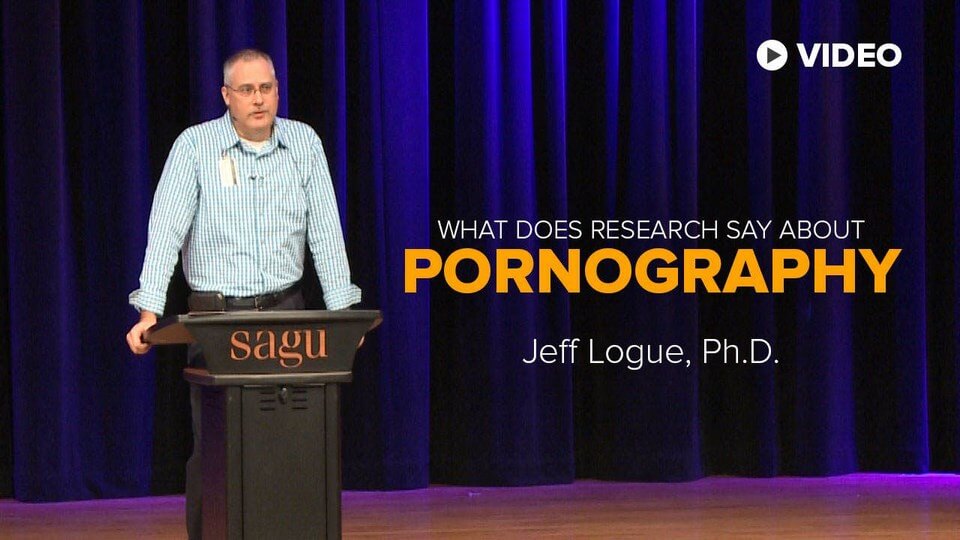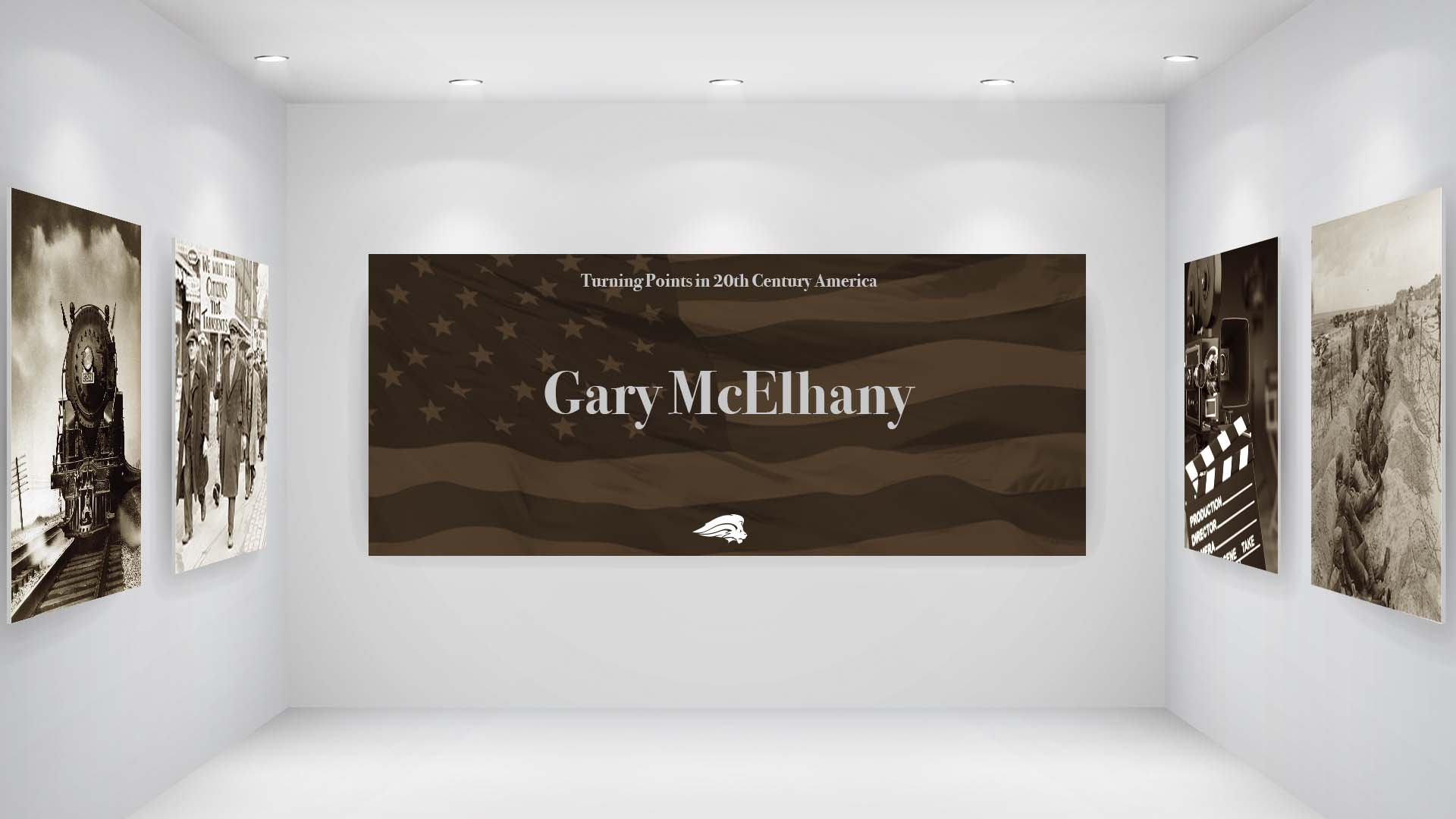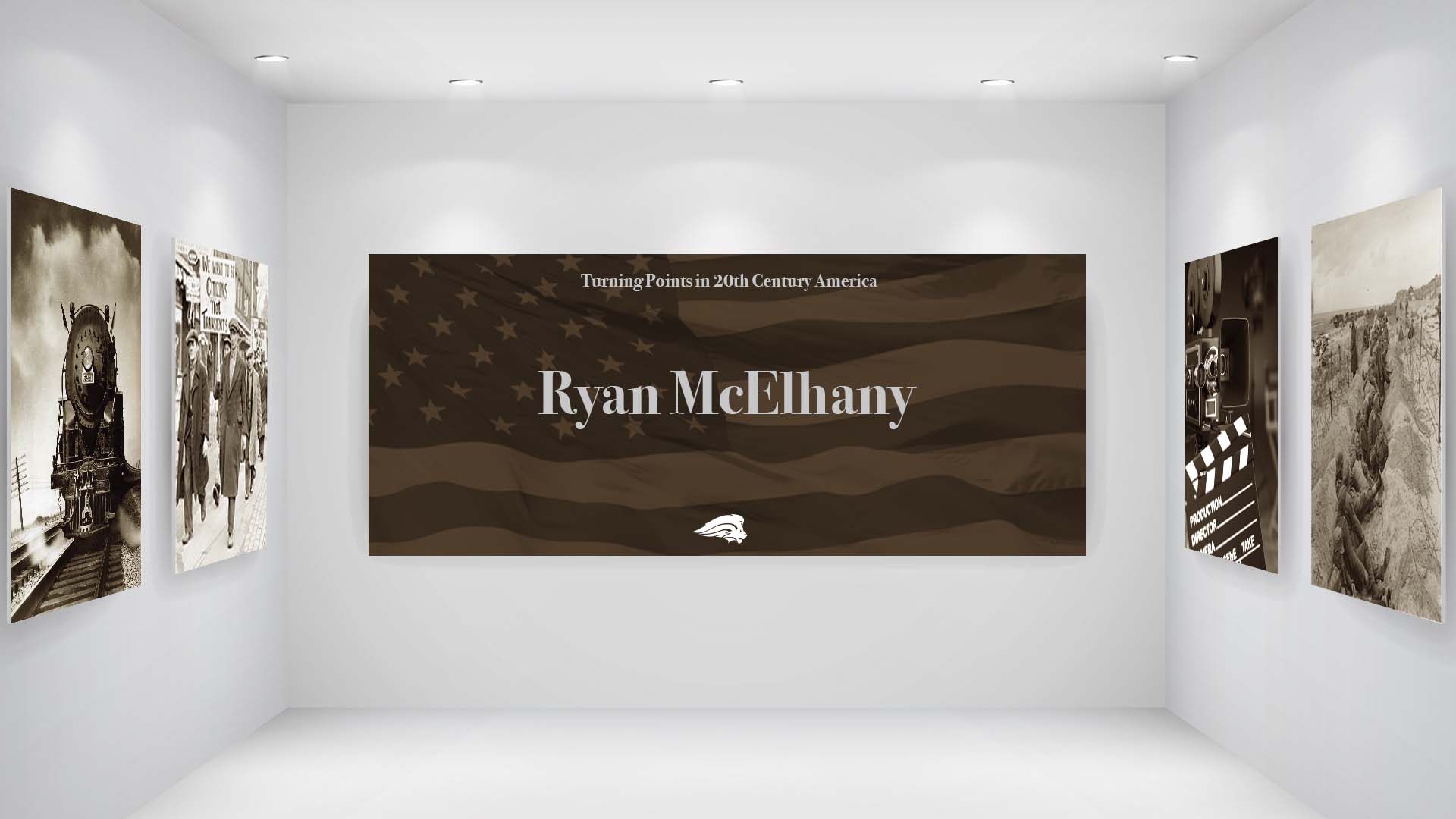Posts
Your Guide for Building a Pastoral Library
Published: March 1st, 2016
When your interests are many, it is easy to get lost in the great sea of “must read” books. Perusing the bookstore can be agonizing for us bibliophiles, as we discover the sheer volume of books demanding our attention. Upon reaching the cashier, I must often shed books collected during my journey through the bookstore.
Your Guide for Building a Pastoral Library
Published: March 1st, 2016
When your interests are many, it is easy to get lost in the great sea of “must read” books. Perusing the bookstore can be agonizing for us bibliophiles, as we discover the sheer volume of books demanding our attention. Upon reaching the cashier, I must often shed books collected during my journey through the bookstore.
Why Your Organization Needs a Leadership Development Program
Published: April 13th, 2017
What could possibly go wrong?
I always laugh when I hear someone say those words because of course anything can go wrong. Or it can go right. But much of that depends on how well we are prepared. In both my personal and professional life, I believe in planning for contingencies. When my kids were little, I didn’t leave the house without extra clothes and diapers. I knew the likelihood of needing them was high. In the professional world, the failure to plan for contingencies can lead to catastrophic failure.
What Does Research Say About Porn?
Published: June 11th, 2015
In this highlight video from a lecture on the effects of pornography on relationships, Jeff Logue, Ph.D. presents scientific research on how damaging pornography can be.
What Do You Do When Online Discussions Fall Flat?
Published: November 5th, 2015
The value of discussions and other interactive strategies in online instruction is to get the student active in exploration, discovery, and deep learning which leads to critical thinking. Learning that enables critical thinking is a collaborative process in which content is generally constructed or discovered rather than transmitted.
What Do Online Students Want?
Published: May 26th, 2015
In a May 30, 2014 issue of Faculty Focus , Rob Kelly mentioned five things that online students want from their instructors. Let’s look at those five points and consider how we can integrate these concerns into our online courses:
Valuable Tips for Effective Communication in the Workplace
Published: September 27th, 2016
You may ask, why should we care about our ability to communicate? Well, that’s easy. We should care because we want others to understand what we mean. We want to improve our relationships. We want to make sure things get done and in many cases, we want to advance our careers. One of the job skills employers desire most is effective communication. When people communicate effectively, they can build a productive working relationship, solve problems, supervise others, and create trust in the workplace.
Ugly Design, Great Personality
Published: July 27th, 2016
Let’s face an unfortunate truth – American culture is fixated on beauty.
That obsession carries into marketing and design. Some privileged souls work in organizations steeped in a “planning” culture where a project never begins without a clearly defined creative brief. Others wander a busy highway of squirrel-chasers.
Two Steps to a Healthy Church – Part 3
Published: May 15th, 2019
In our journey of “two steps” we have already seen the two steps a pastor must take (grow himself, build a team) and the two steps that only the congregation can take (face reality, create an embracing environment). So what’s left?
In the final installment of this series, we will discuss the two steps that the pastor and people must take together.
Two Steps to a Healthy Church – Part 2
Published: February 4th, 2019
We have already seen the two steps a pastor must take to help the congregation get stronger – self-growth and build a team . But there are also two steps the people of the church must take to contribute to the same health journey. Many congregants know the frustration of a revolving door of pastors with their unique visions, ideas, and strategies. A frequent change in pastors can lead the congregation to forget that they, too, have some responsibility for what their church is becoming.
Two Steps to a Healthy Church – Part 1
Published: January 9th, 2019
With thousands of churches plateaued or in decline, many of which are aging with the future growing more ominous each day, I’ve been searching for simple and powerful steps in a new direction. Many struggling churches are overwhelmed by a culture of “can’t.” They hear the ideas that turn around other congregations, but find most of these beyond their current abilities, resources, and people. There has to be a “can” out there with every church’s name on it.
There is!
Turning Points in 20th Century America: Shout Bands
Published: February 23rd, 2017
In Spring 2016, the history department hosted the seminar “Turning Points in 20th Century America.” Topics included legal issues, economics, marketing, history, music, church history, Christian film making and social activism. Tyrone Block, D.M.A., explains Shout Band in America’s Black Pentecostal Church during the 1900s.
Turning Points in 20th Century America: Politics
Published: July 6th, 2015
In Spring 2016,
SAGU's History Department
hosted a seminar titled “
Turning Points in 20th Century America
.” Topics included legal issues, economics, marketing, history, music, church history, Christian filmmaking and social activism. Gary McElhany, Ph.D., speaks about
Franklin D. Roosevelt
,
the New Deal
,
the AAA,
the CCC
, and how they affected America during the 1900s.
Turning Points in 20th Century America: Marketing
Published: September 21st, 2016
In Spring 2016, the history department hosted the seminar “Turning Points in 20th Century America.” Topics included legal issues, economics, marketing, history, music, church history, Christian film making and social activism. Ryan McElhany, MBA, explains the evolution of marketing, advertising and advertising law throughout the 1900s.
Turning Points in 20th Century America: Cinema
Published: January 19th, 2017
Turning Points in 20th Century America: Automobiles
Published: September 14th, 2016
In Spring 2016, SAGU's History Department hosted the seminar “Turning Points in 20th Century America.” Topics included legal issues, economics, marketing, history, music, church history, Christian filmmaking and social activism. In this video, Dr. Loyd Uglow, explains how automobiles evolved throughout the 1900s and how they began to change America.
Top 5 Breakthroughs in Digital Bible Study
Published: October 17th, 2017
The last decade of the 20th century brought new vistas of adventure to the world of Bible study. The word of God was unleashed from the printed page to the digitized screen. For those pioneers who first encountered digital Bible study, it has been a fast-paced turn of events to a day where the Bible is now available for instant word-studies on the phone, quick word searches online, and sermons that can be shared to multiple platforms. Whether you get your devotions from a web page, your lessons from a digital platform or the tried and true method of paper and pen, consider these advantages to the new options in digital Bible study.
Tolkien’s Linguistic Process for Constructing Fake Languages
Published: April 5th, 2016
Having reflected the real world in the language history of Middle-Earth, Tolkien continued to bring elements of real world languages into his constructed languages. “In a hole in the ground, there lived a hobbit” (Tolkien, Hobbit). This simple line wasn’t developed through linguistics; it was spontaneously written on the back of an exam. However, his work was a linguistic one, so he needed to linguistically justify the name hobbit. To accomplish this, he used a linguistic process called anglicization – a process of making words and sentences sound more natural to English speakers through means like altering sounds or replacing words – in conjunction with his historical linguistics. First, Tolkien’s “hobbits” spoke Westron, not English, so their name for themselves was kuduk. However, kuduk is odd for English speakers; thus, Tolkien developed a historical connection between hobbits and the Rohirrim linguistically and geographically. The linguistic heritage is evident in some words of these two languages, like kuduk. The Rohirric word is kud-dukan, meaning “hole-builder.” With the historical linguistic explanation provided, Tolkien could finally justify the use of the word hobbit. In Old English, one could connote hol-bytla to mean “hole builder,” which could then become hobbit. Thus, kud-dukan is to hol-bytla what kuduk is to hobbit. This is one example of Tolkien’s anglicization of his own language creation.
The Value of the 5 Historical Dating Methods
Published: January 19th, 2016
All of us tend to use the most significant dates in our lives as reference points for all the others. For example, we think of our age in reference to the year we were born, and while we may give names to wedding anniversaries (silver, gold, etc.), we determine them by counting from the year of the marriage. Indeed, the root of the word anniversary is the Latin for “year.”
The Value of Emotional Intelligence
Published: March 17th, 2016
One of the business buzzwords that garnered stream back in the early 90s was the term Emotional Intelligence or EQ as it is referred to in business. This concept was studied and developed by Daniel Goleman in his book titled Emotional Intelligence. He makes the case that our definition of intelligence as measured by IQ is too narrow and ignores a critical range of abilities that matter immensely to our success in life. Such factors are self-awareness, impulse control, personal responsibility, and social adeptness.


















